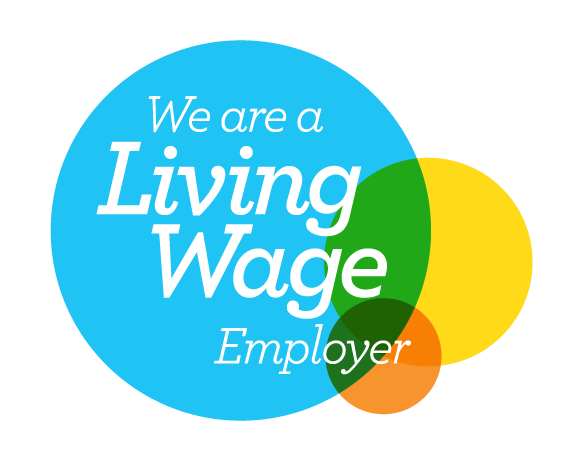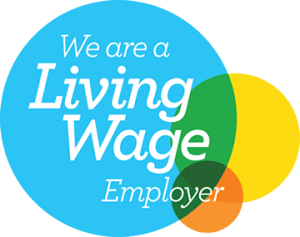Introduction
In light of the current situation relating to COVID-19 and the announcement in the Spring budget, there is uncertainty about how operators who hold a Climate Change Agreement (CCA) will be affected by a reduction or cessation of manufacturing operations, as well as the future of the scheme.
We have put a series of questions to all of the Trade Associations and the Environment Agency recently in order to establish how they will treat COVID-19 in the context of reduced production and the potential increased carbon buyout if energy reduction targets are missed, and how they interpret the Chancellor’s announcement.
Manufacturing
Within normal manufacturing cycles there are peaks and troughs throughout the year which means that energy consumption fluctuates. The ‘target period’ during which time energy intensity and associated carbon position is assessed in relation to a target, is two years. This means that an operator’s final position is not known until the end of the target period.
Over any target period, production volumes change as a result of product demand with energy consumption reducing or increasing accordingly. It is expected that if plants do reduce production activity, that energy consumption will follow thus minimising the risk of carbon buyout. For plants that cannot reduce energy consumption however, the risk of escalating carbon buyout costs does exist. Participants may be faced with three options at the end of 2020, being:
1.
Buy carbon if energy reduction targets are missed (and where the net benefit of CCL reductions outweighs the cost of carbon buyout)
2.
Withdraw from the scheme (where the net benefit of CCL relief does not outweigh the carbon buyout cost)
3.
Submit a claim for mitigating circumstances
We are yet to receive clarification but are proactively addressing this on behalf of our clients where we see exposure come the next payment date at the end of 2020. Please let us know if you have any indication that you will need to submit a claim for mitigating circumstances. The Environment Agency’s current position is as follows:
“We are currently waiting for advice from BEIS with regards to the impacts of the COVID-19 pandemic on CCAs.
We are aware that many operators will see a reduction in throughput (and energy) during this incident which may in turn have an impact on their TP4 performance. We’ve already specifically flagged this matter with our BEIS colleagues and warned them that questions such as yours will become more frequent as we approach the end of TP4.
We will provide an update to all CCA Sector Associations and operators on this matter as soon as possible.”
Scheme Extension
The Chancellor announced in the recent budget that the current scheme would be extended for a further 2 years and the registration window would re-open from April to September 2020. Following a consultation, to begin right after the budget, the future of the scheme would be decided. Due to the current restrictions due to COVID-19, the consultation has been deferred until later in the year along with the re-opening of the registration window.
With the extension of the scheme, the responses we have received suggests that there is likely to be a fifth target period 2021 – 2022 and the target will be a further reduction in line with the previous four but currently no formal details are available.
Many sectors have supported the reopening of the registration window to cover the next two years initially. That would then provide 3 – 4 years to formulate Phase 3 of the scheme which has not yet been announced.
Scheme Future
The scheme was originally created to provide a tax relief with the savings being used to invest in energy efficient projects to contribute towards reducing the UK’s carbon emissions.
In 2019 the Government appointed an independent body to undertake a consultation to ascertain the benefits of the scheme and its effectiveness to contribute to the Carbon Budget. The report was delivered to the Government and all the sectors were invited to a briefing, which highlighted the main points of the consultation.
The report’s main conclusion was that the scheme did little to contribute to reduced carbon emissions but provided an easy opportunity for operators to reduce their tax liabilities with minimal financial input and no penalty for non-achievement of targets. Any energy reduction initiatives were purely undertaken based on a financial payback.
From our responses it is believed that if there is a third phase, it will change, potentially forcing operators to make improvements to receive benefits.
Conclusion
The budget announcement also stated: -
- Gas CCL rates will increase (while electricity rates are frozen) for 2022-23 and 2023-24 in order to dis-incentivise the use of gas over electricity
- Electricity CCL maximum relief will remain frozen and maximum relief for gas will increase
All agreement holders have the option to leave the scheme at the end of the target period if they believe that it is not economically viable, relinquishing their CCL relief. Continuing the current scheme for another two years, provides two years further CCL relief, provided target is met or carbon purchased to offset shortfall.
Optimised Compliance has a team of leading experts on UK carbon legislation. We remain on hand to advise you on any aspects related to your CCA or other related areas. Please call us on 01253 209000
and speak to Mark Earnshaw – Energy Solutions Engineer.









